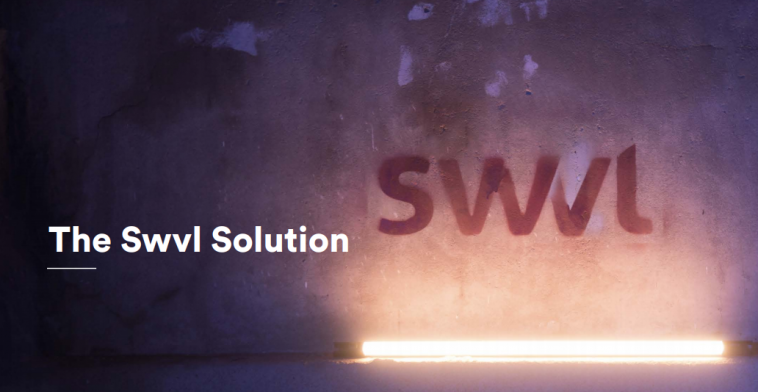Swvl, a ride-hailing service based in Dubai, plans to go public through a special purpose acquisition company (SPAC). The MENA company will merge with an SPAC, Queen’s Gambit Growth Capital, that was created by a team of female executives. The transaction will result in gross proceeds of $445 million to the public company, including an upsized $100 million common share PIPE led by global strategic and financial investors Luxor Capital Group, Agility, and Zain.
The two companies have entered into an agreement where Swvl will be publicly listed on NASDAQ, and trade under the ticket symbol ‘SWVL’. Swvl is the second MENA company to use the SPAC route to public markets. The first was Anghami which merged with Vistas Media Acquisition Company.
Bloomberg describes SPACs as blank cheque companies that go public despite having no real business. The idea is to raise money from investors and then buy into a private company. This is Egypt’s first tech startup to be listed on the NASDAQ. Fawry, was Egypt’s first startup to enlist domestically and emerge as the first unicorn in North Africa.
Queen’s Gambit is mainly fixated on disruptive, high-potential technology platforms. The team is led by Victoria Grace (CEO), Betsy Atkins (Senior Operating Advisor), and Anastasia Nyrkovskaya (CFO). As part of the deal, Swvl and Queen’s Gambit will establish an advisory committee that focuses on the diversity and inclusion of the company.
In 2017 Swvl was founded by Mostafa Kandil (CEO), Mahmoud Nouh, and Ahmed Sabbah as a bus-hailing service across Egypt. Users within the city can book seats on Swvl exclusive vehicles that run on fixed routes. Users can also book seats on long-distance buses either exclusive on Swvl’s platform or on buses marketed through Swvl.
The startup later expanded its services to Pakistan and Kenya, before moving the headquarter to Dubai. A corporate shuttle service has also opened in Saudi Arabia. The investor deck shows it operates in 6 countries across 10 cities and enjoys a Gross Revenue per user of 23%. The company made a post-Covid recovery last year to hit gross revenues worth US$79 million in December.
The mobility tech startup has set an ambitious goal of earning $1 trillion in revenues by 2025 – where incomes from consumers and Taas evenly split. In addition, the company is looking to operate in 20 countries spread across the 5 continents while maintaining a 30-40% gross margin and over 15% adjusted EBITDA.



